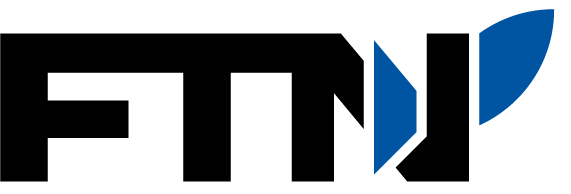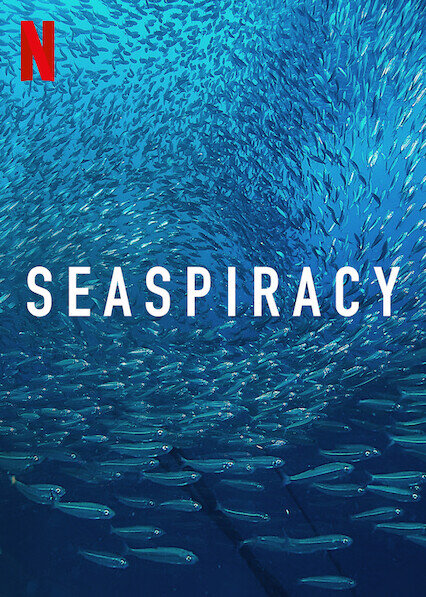Seaspiracy - the truth behind the controversial Netflix documentary
The new Netflix Original documentary "Seaspiracy" uses shocking images and facts to illustrate the destructive impact of industrial fishing on our climate and the ocean’s ecosystems. "Seaspiracy" is the third Netflix documentary by film producer Kip Andersen. All films accuse the meat and food industry of placing profit over people and planet and advocate veganism as the only way to reduce our environmental impact and tackle climate change.
Innovative alternatives to industrial fishing
The documentary criticizes open-system aquaculture facilities, such as net-pens or flow-through facilities in the sea and in large bodies of water, and highlights the negative impacts of factory farming, diseases, uncontrolled use of medicines and unfiltered food and animal residues polluting our seas and rivers. While it’s true that these outdoor aquaculture systems have a significant environmental impact, thankfully there are now modern, environmentally sound alternatives.
Indoor RAS systems - a sustainable solution for healthy fish
Innovative land-based indoor RAS systems (Recirculating Aquaculture Systems) allow us to produce fresh fish without polluting our oceans and without using growth-promoting substances. This means healthy fish for the future – using fewer resources and less energy and with a lower environmental impact.
Source: FTN AquaArt AG
RAS technology is based on closed water circuits which enable land-based breeding methods. Water tanks are connected to complex filter systems that allow for mechanical-biological water treatment. These systems can be tailored to reflect the specific needs of each species of fish.
Using science to break new ground
By using state-of-the-art filtration and oxygen enrichment systems, targeted oxidation processes and UV disinfection, 98 per cent of the water in FTN AquaArt AG RAS facilities is reused. As we can also ensure that the water is free of pathogens at all times, antibiotics and pesticides are not required.
Fish farming, indoor aquaculture and the circular economy are innovative sectors that are constantly evolving. That is why we - FTN AquaArt AG - are in close contact with the scientific community and are proud to collaborate with leading educational and research institutions in Switzerland and throughout Europe. This also allows us to explore new solutions for more sustainable fish feed production. Our fish meal is never made from by-catch and we’re ultimately looking to switch to plant and insect-based alternatives.
Innovative and sustainable indoor fish farming helps to preserve wild fish stocks and guarantees the highest level of animal welfare. Aquaculture systems don’t only ensure food security for future generations – they also make good financial sense while treading lightly on our planet.

